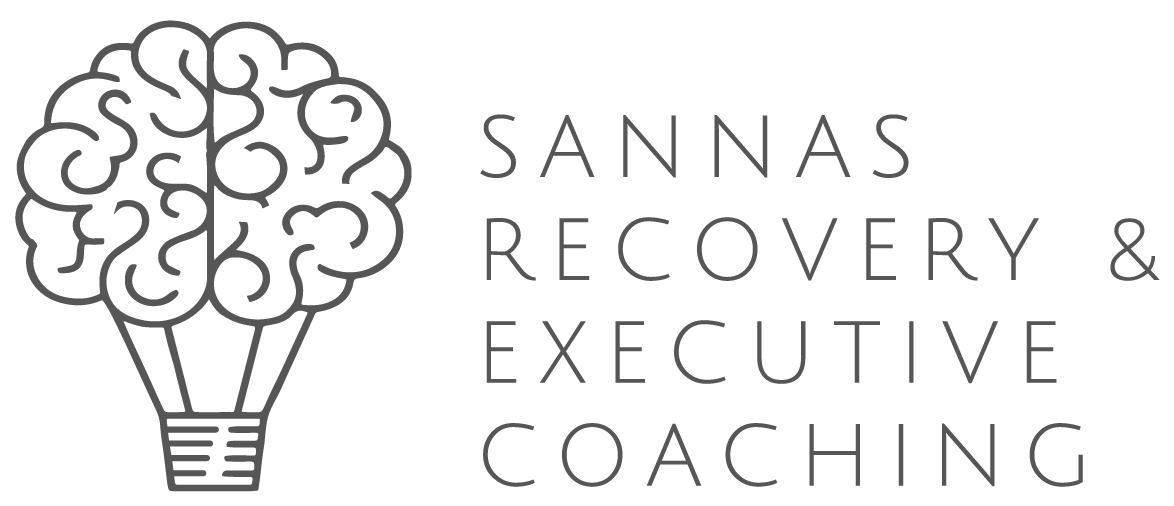MEDITERRANEAN
Codependency can look like many different things.
The person I highly recommend reading books by if you want to understand and learn more about codependency is Tommy Hellsten.
"It is said that a family suffering from alcoholism - or a similar phenomenon - lives in a house with a hippopotamus in the living room"-Tommy Hellsten
www.tommyhellsten.com
Co-dependency can manifest itself in many different ways, developing different behaviours and survival strategies, which unfortunately are often not very healthy, e.g.
-Puts their own needs aside and focuses on helping, or even saving, others.
-Guilt when you think about putting yourself first, before anyone else.
-Hard to set limits, which can have extreme consequences.
-To get stuck in strength as Tommy H. describes so well in The Hippo in the Living Room.
-Sets high standards for himself, but never feels satisfied.
-Has a huge need to control himself and his environment.
-Seeks affirmation, and often becomes a performance-oriented person, who goes beyond his limits, not uncommonly resulting in exhaustion.
-Fear of criticism.
-Sensitive to stress, often "wired" all the time, and wanting full control.
-Helping others before they have even asked for help.
-often has relationships with other dysfunctional people, recognizes himself here.
-Often has great responsibility for others, in the family, at work, in friendships, etc.
Always thinking of someone else before yourself becomes a life strategy, for better or for worse.
Many people with codependency do not know what their own needs are, but have lived, and live, according to what is expected of them.
The behaviour often stems from a dysfunctional childhood environment, growing up in a family that may be anxious and insecure, some have lived in a non-communicative world, where people are not allowed to talk, or where everything is "swept under the carpet".
You have to guess, through countless attempts to please, how to behave in order to best avoid conflicts, beatings, being seen, getting affirmation, etc.
The great thing is to have the courage to start putting yourself and your recovery first, to map out your behaviour.
To dare to begin to face what is coming, without rushing off, to dare to take space in yourself, there you have a fantastic great help from ex. KMT.
Learning boundary setting, letting yourself down from your head and starting to live in your body etc.
This is just a sample, and as I said, I can highly recommend you to read Tommy's books, and also attend his lectures if you get the chance, check out his website . www.tommyhellsten.com

